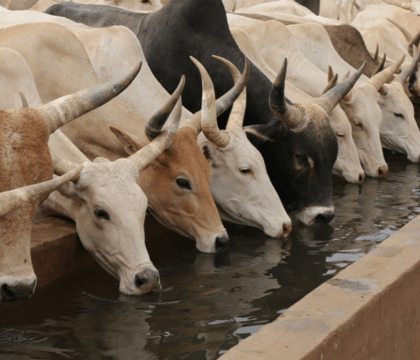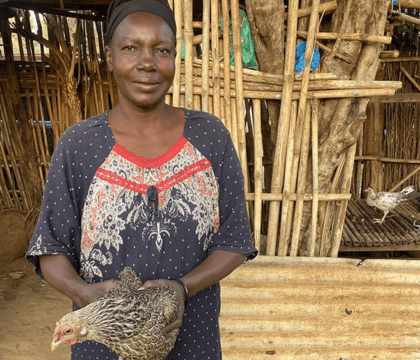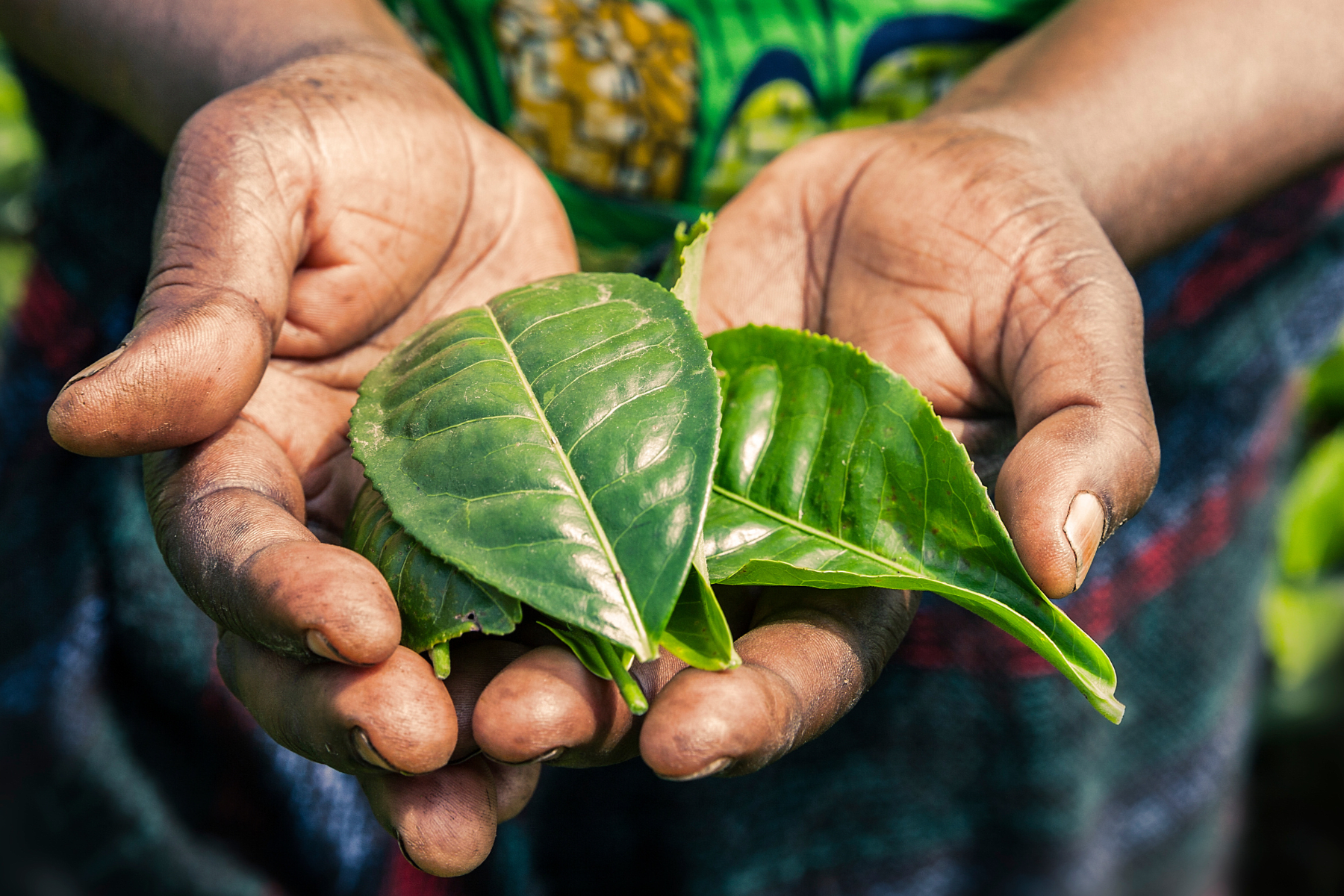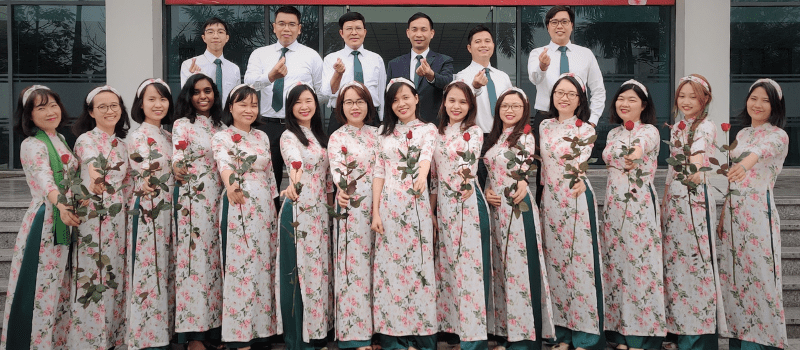From Herd to Health: Khadia Diallo’s Path to Community Care in Senegal
Khadia Diallo’s story reveals how women Community Animal Health Workers in rural Senegal are strengthening disease prevention from the ground up — caring for animals, supporting families, and translating One Health principles into everyday practice through the COHERS program.














